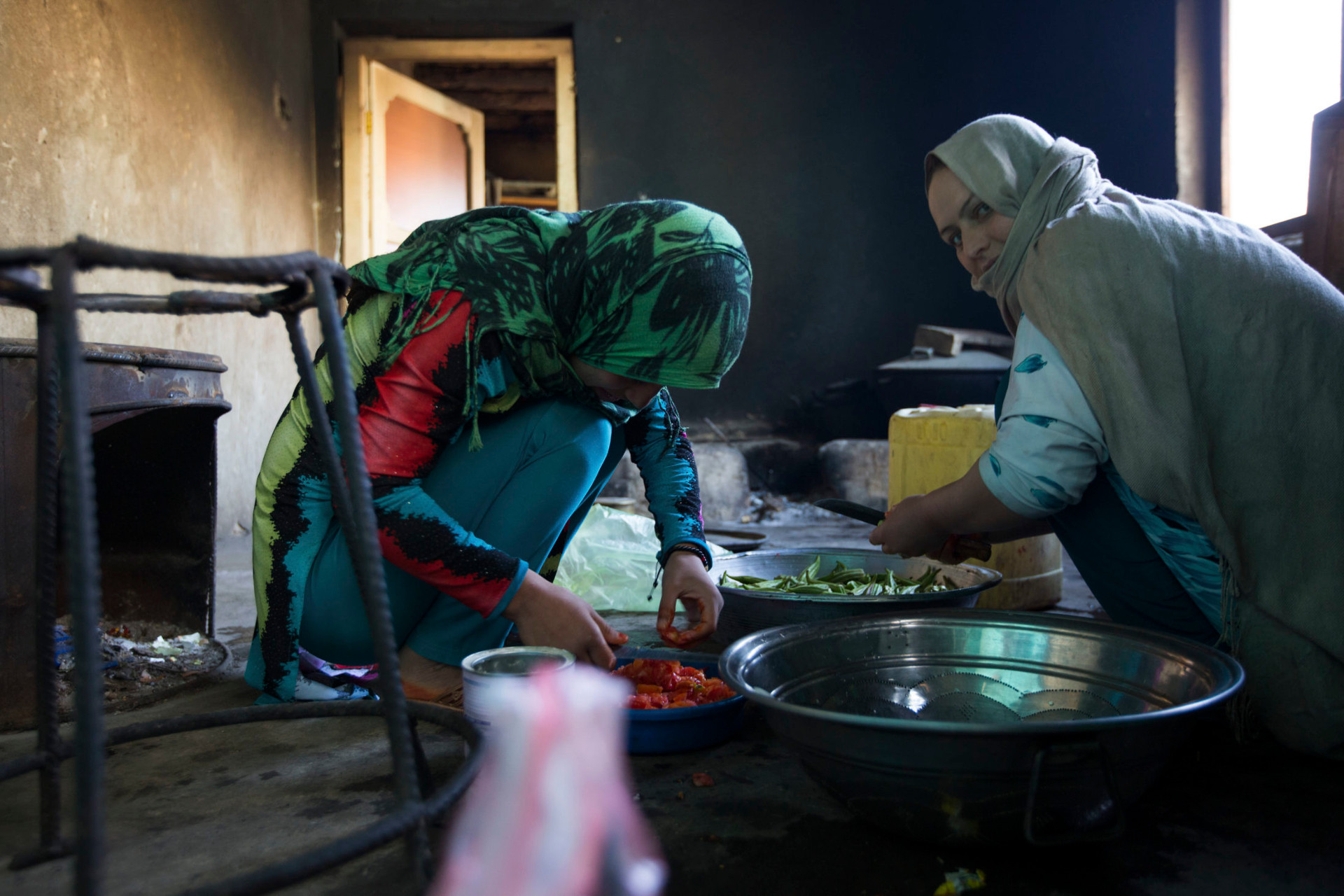
Multiculturalism has come to stay in the US. Even if you don’t keep up with the latest research, you’ve probably noticed that over the past several years a simple trip to a grocery store has become an immersive experience into all kinds of cultures, languages, and people who never planned to be neighbors. In Louisville, Kentucky, where I live and serve as a pastor of local outreach, our newest neighbors speak Arabic, Nepali, Spanish, and Somali. It’s like Babel revisited.
Church as Usual?
Pastor J. D. Greear recently pointed out, “We are now seeing a flood of immigrants moving into our backyards, and we hear the voice of a culture crying out for a racial diversity they are unable to achieve. Many people find these trends frightening, but I believe that they present tremendous opportunities for the church. However, they will not be seized through going about church as normal.”
Over the past five years, our church has been slowly attempting to not go about church as usual. We’ve sought to graciously reach our new neighbors with mercy fueled by the gospel. It’s been an incredible journey as the Spirit of God has empowered our church to reach the nations in our zip code. The challenges and opportunities we have experienced are many. I hope discussing a few of them will encourage you as you seek to reach the nations in your own area.
“If you feel compelled to work cross-culturally among the poor, start by thinking about who you can befriend instead of focusing on what you can give.”
Challenges with Reaching the Nations in Your Zip Code
- Language
Our church is not multicultural. We speak one language and share a common history. We are made up of different ethnicities but generally have the same understanding of the world. When people from various languages and nationalities began responding to our ESL (English as a Second Language) outreach program, we stumbled our way to slow relationships. Each group of people had a different worldview of time, creation, creator, and faith—not easy subjects to discuss and teach with English speakers, let alone with those who speak different languages. So we worked hard to find a balance between partially learning their languages and training them in English so we could understand their needs and explain the gospel clearly. - Crisis versus development
In a rush of desire to help our newest neighbors, our church first began to give support in order to meet their basic needs—food, clothes, and money for rent and utilities. We’ve experienced the generosity of Christ, so we desire to give. However, there comes a point “when helping hurts”—to borrow a phrase from a popular book on the subject. Giving without a well-designed strategy of development stunts growth instead of building people up. We gradually learned to develop reciprocal, not dependent, relationships. We treated our new friends as our neighbors, not projects, so we could sustain a God-honoring gospel ministry to them. - Patience
Our minds tend to dream big. We yearn for more from our ministries. How I wish I could report that we have seen many conversions as people have encountered the gospel of Jesus. But it hasn’t been the case. We’ve learned to identify with the ministries of other faithful servants of God who saw little tangible fruit after years of effort. We’ve experienced slow progress, but we continue in faith, knowing that God alone saves.
Opportunities for Reaching the Nations in Your Zip Code
- ESL
Our primary invitation to meet Louisville’s newest neighbors is through ESL. It’s amazing to see about one hundred people gathered weekly to learn and teach the basics of language. We’re not professionals, but we have a group who has become more skilled in ESL instruction over the past five years. Our strategy is to engage in mercy ministry with all the people we can and follow up with those who want to know more about Jesus. - Relationships
In the book When Helping Hurts, authors Steve Corbett and Brian Fikkert contend that poverty isn’t a lack of material things. Rather, it’s rooted in broken relationships with God, self, and others. I have seen through our ministry that poverty—whether physical or spiritual—cannot be relieved apart from healthy relationships. If you feel compelled to work cross-culturally among the poor, start by thinking about who you can befriend instead of focusing on what you can give. - Food
Language may divide but hunger unites. Sharing a dinner table is a practical way to begin discipleship with a family instead of just reaching out to individuals. We’ve learned that this is a key point to consider, especially when loyalty to family and community is highly esteemed among certain cultures. Any time your family gathers for food—whether it’s a special occasion or a simple dinner—can be an opportunity to start relationships that could be the beginning of gospel transformation. Don’t waste your dinner table!
Opportunity for Broader Ministry
The world may experience conflict when cultures collide, but believers can offer a better way that leads to life everlasting. When our church started ministering to our newest neighbors, we did not have a plan. We simply knocked on a door and asked if they needed help transitioning to life in Louisville. Some said yes and some said no. Ministry always starts somewhere, and for us, it began with a doorbell.
The challenges to reaching the nations in your zip code may be many, but the opportunity to see gospel transformation far outweighs any challenge and the proclamation of Jesus’s love is worth the work of overcoming obstacles. May the love of Christ compel us to love those who never planned to become our new neighbors.
Ben Ward serves as the local missions pastor at Highview Baptist Church in Louisville, Kentucky. Connect with him on Twitter at @BenWard45.

